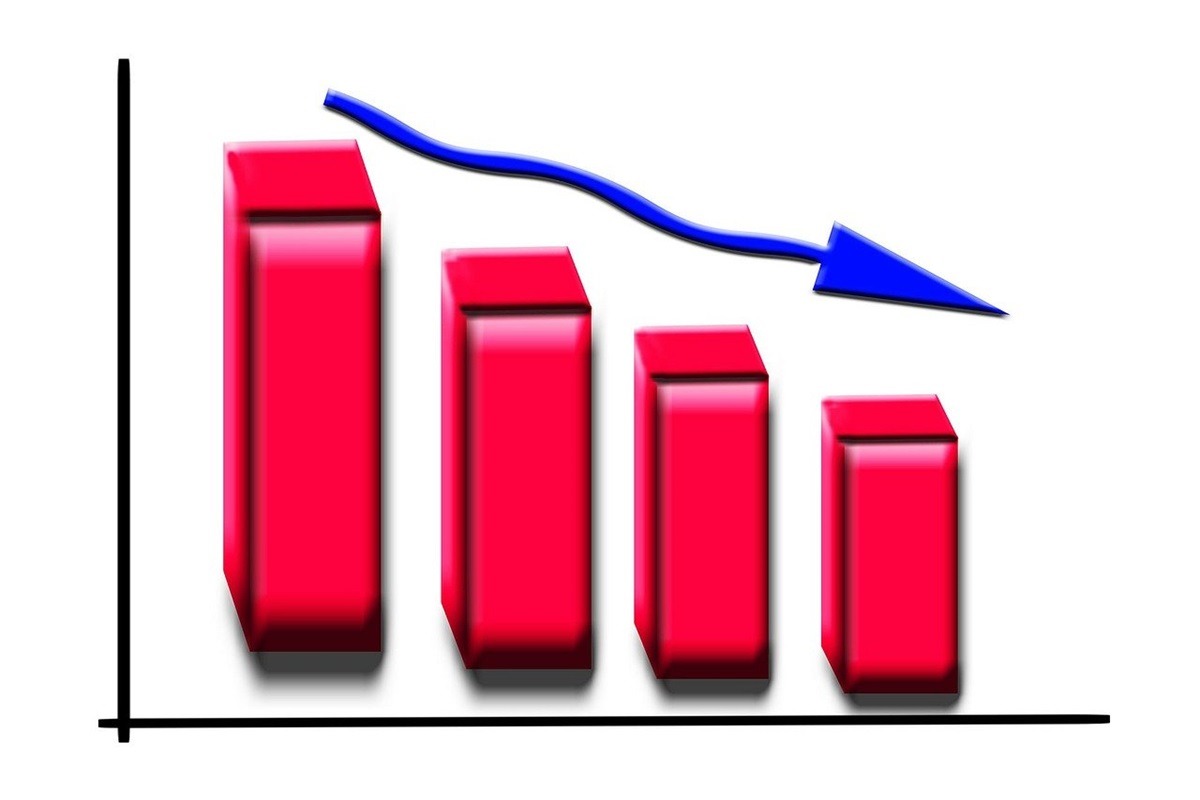Federal Reserve Bank of Boston President Susan Collins on Friday, November 15, during a conversation with media representatives, stated that cutting interest rates in the United States in December remains on the table, noting separately in this context that the relevant decision of the US financial regulator will be based on the coming data on the situation in the space of the country’s economic system.

Susan Collins told reporters that she sees the policy stance as being in a restrictive place, and over time normalizing that is going to be important. According to her, the central bank of the United States has every opportunity to exercise caution when assessing data and making decisions about the pace and timing of interest rate cuts.
The Boston Fed chief also said that inflation in the US has shown a significant decrease. According to her, there are currently no new price pressures in the United States. She is also convinced that in the context of monetary policy, it is important to stay the course.
It is worth noting that this week several officials of the central bank of the United States stated that they are committed to an approach involving a gradual lowering of the cost of borrowing.
Susan Collins described the current condition of the US economic system as very good. She also stated that the present state of affairs in the country’s labor market generally corresponds to full employment.
Susan Collins separately underlined that US inflation is currently on a trajectory of gradually approaching the central bank’s 2% target.
Fed chairman Jerome Powell said last Thursday, November 14, that continued economic growth, a stable labor market situation, and inflation, which is still above the target level of the financial regulator, are factors indicating that there is no reason to rush in the context of lowering the cost of borrowing. He made the corresponding statement at a Dallas Fed event.
Jerome Powell also separately noted that he and his fellow policymakers still consider inflation to be on a sustainable path to 2%. In this case, the central bank of the United States will have the opportunity over time to move monetary policy to a more neutral setting, which will not mean a slowdown in the economy.
According to the media, the statements made by the head of the Fed on Thursday may signal that the cost of borrowing for households and businesses will remain higher for a longer period.
It is worth noting that currently there is no answer to the question of what the neutral rate, which Jerome Powell spoke about in Dallas, can be in the context of the conditions shaping the current situation in the space of the economic system of the United States. There is also no understanding as to when the US financial regulator will be able to achieve the corresponding indicator.
The economy of the United States is currently demonstrating a positive dynamic, and this fact is not a matter of discussion and does not belong to anyone in the category of indicators, the assessment of which is determined by a point of view, and not by objective factors. At the same time, the prospects for the further movement of this economic system are largely unknown. After Donald Trump’s victory last week in the United States presidential election, the likelihood of new factors impacting the processes carried out in the space of the country’s economy has formed. In this context, it is worth mentioning Mr. Trump’s repeatedly declared intentions to increase tariffs on goods imported from other countries of the world, primarily from China, and cut the number of immigrant laborers. The potential implementation of such solutions may resume the intensive growth of inflation, which will become a factor of sensitive impact on the overall economic situation in the United States.
Jerome Powell currently prefers to actually avoid questions about how likely new tariffs and running the economy with fewer workers could alter the inflation trajectory that the Fed is struggling with. As part of the somewhat generalized answers to such questions, he stated that fewer workers means that less work will be done. Jerome Powell also noted that in this case, thу reasoning is moving in the direction of discussing political issues, from which he would like to stay as far away as possible. It is probably this consideration that shapes the Fed chairman’s attitude to questions about the potential impact of new tariffs and Washington’s updated migration strategy.
Jerome Powell stated that currently, the United States economy is not sending distress signals that could cause the US financial regulator to start cutting interest rates more quickly or to the contrary. According to him, a smart solution is to take slower actions if the corresponding opportunity is provided by data on the condition of the economic system of the United States.
It is worth mentioning that last week the Fed lowered its benchmark overnight borrowing rate by a quarter percentage point to a target range of 4.5%-4.75%.









